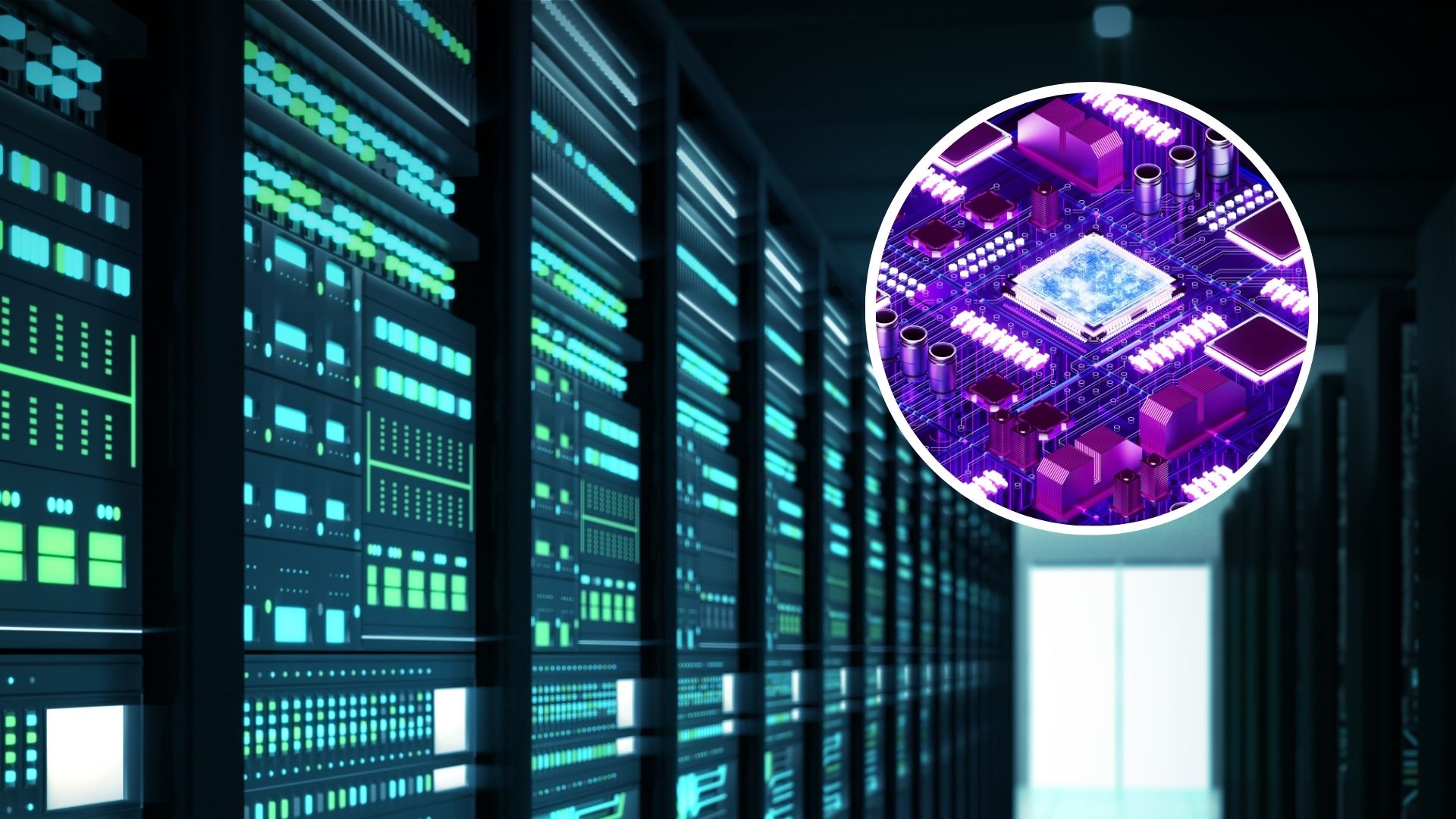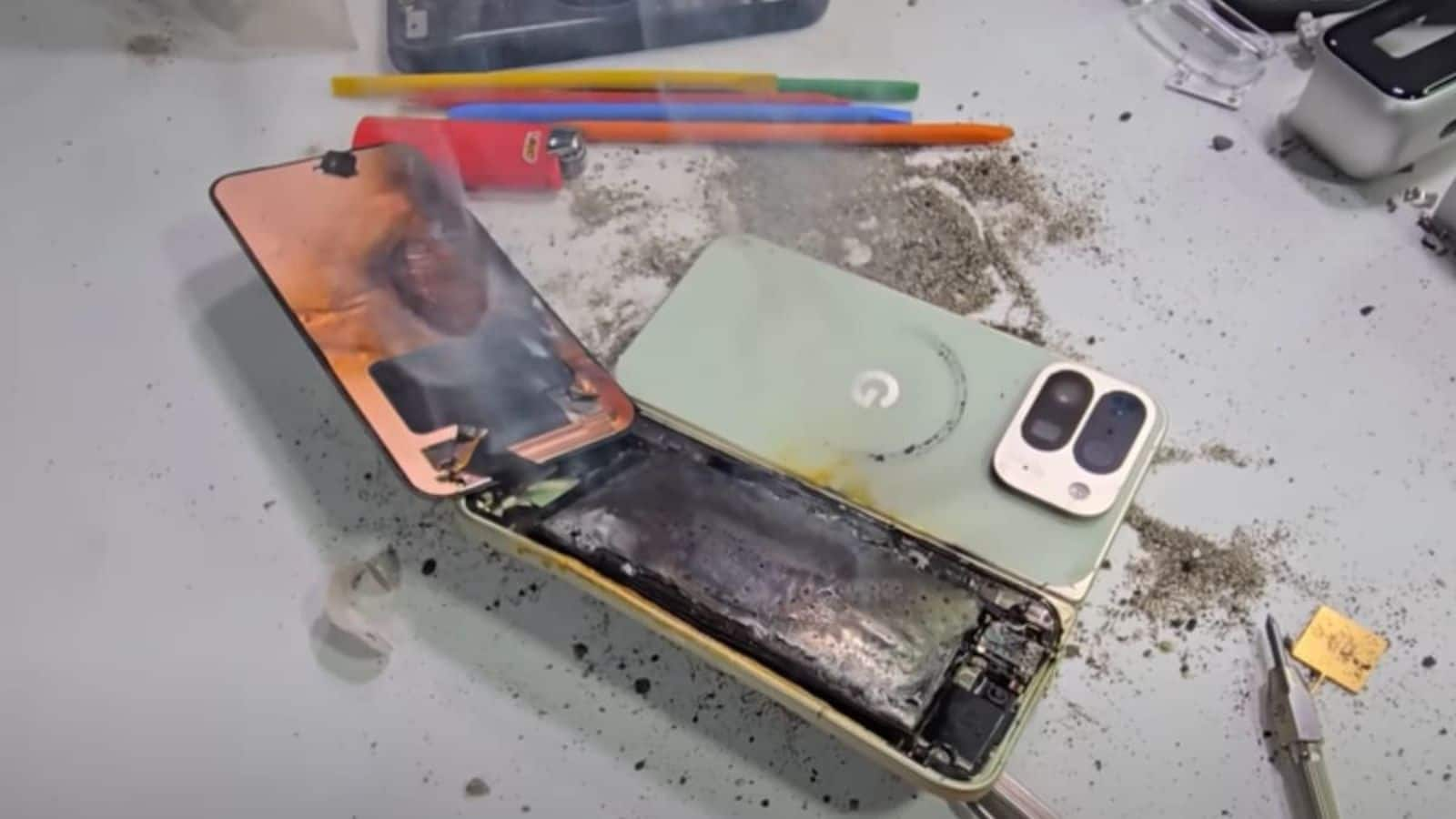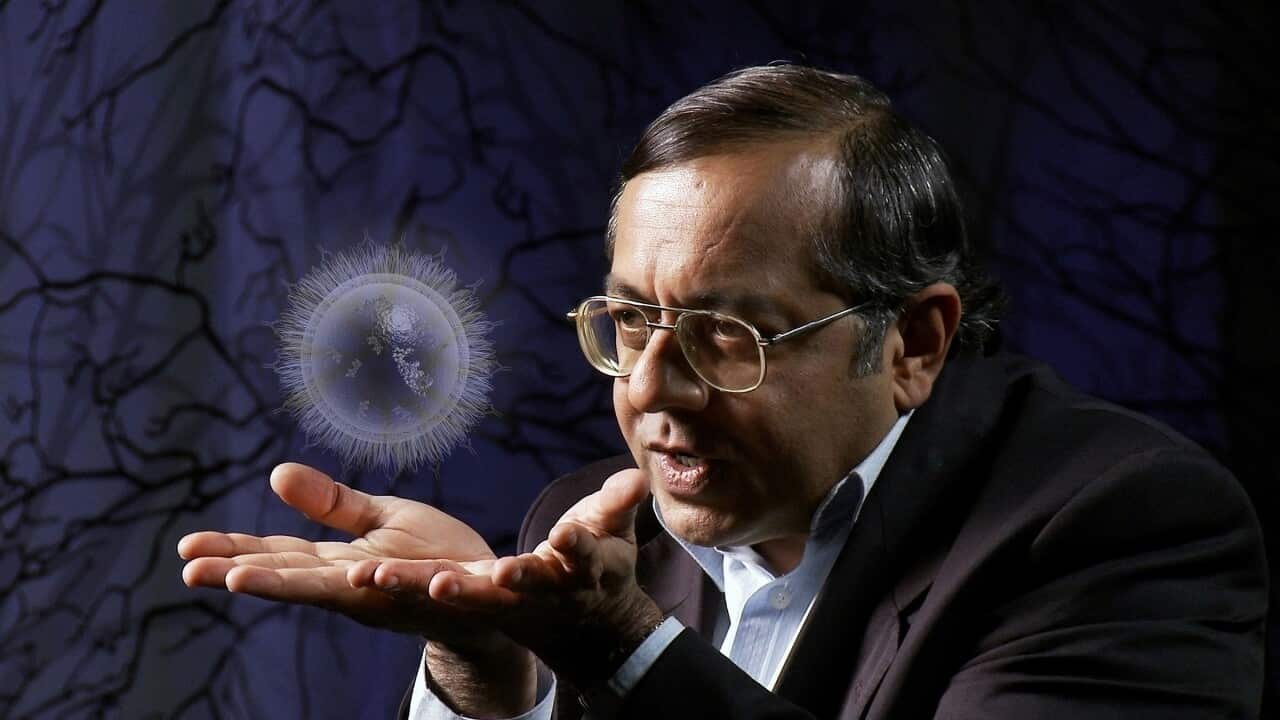Japan's Internet Breakthrough: 1.02 Petabits Per Second! 😱

Imagine downloading Netflix's entire library in less than a second! Sounds like science fiction, right? Well, the National Institute of Information and Communications Technology (NICT) in Japan just shattered our expectations with a staggering record: a data transmission rate of 1.02 petabits per second (that's around 127,500 GB/s) over a distance of 1,802 kilometers (about 1,120 miles), as reported by CNET.
This new speed is mind-boggling—approximately 3.5 million times faster than the average fixed broadband internet connection in the US, which was clocked at around 289 Mbps according to Speedtest as of May 2025. Think about it: at this record-breaking speed, your favorite binge-watching sessions could happen in the blink of an eye.
The magic behind this groundbreaking achievement lies in a revolutionary optical fiber boasting 19 cores. These cores are elegantly packed within a cable that measures just 0.125 millimeters in diameter, a size comparable to current standard networks. Unlike traditional cables that only contain a single core, this innovative fiber transmits a staggering 19 times more data—without significant data loss—thanks to its uniform light conduction.
To cover the impressive 1,120-mile distance, akin to the stretch from New York to Chicago, researchers employed a clever amplification technique that boosted the signal an incredible 21 times. This feat not only doubles the previous year's record of 50,250 GB/s but also highlights the advancements in signal amplification and reduction of data loss that are enabling these new heights.
What’s even more exciting is that this technology is compatible with existing fiber optic cables. With the demand for data skyrocketing—by around 50 percent annually according to Nielsen’s Law—this innovation could be a game-changer, especially for countries where fiber optic expansion is lagging behind. It opens the door to enhanced internet access without needing entirely new infrastructures.
While the record has yet to be independently verified, it clearly demonstrates the potential of fiber optics to further revolutionize the internet landscape.

























